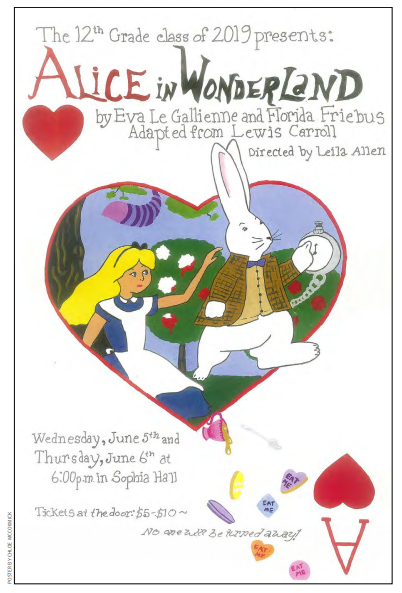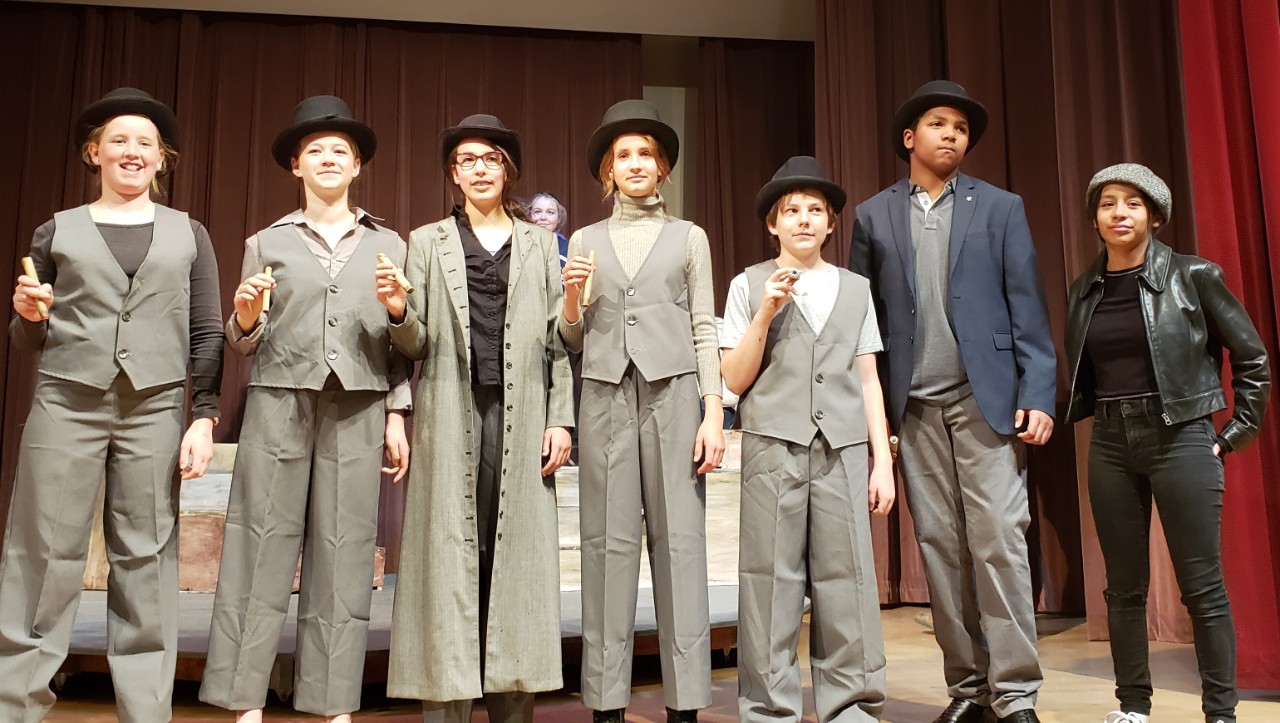 Class plays are an important part of Waldorf education. Drama is not an extracurricular in a Waldorf school, but an essential part of learning academically, socially and emotionally. Theater is beneficial for all students and engages them in a way unique to this art form.
Class plays are an important part of Waldorf education. Drama is not an extracurricular in a Waldorf school, but an essential part of learning academically, socially and emotionally. Theater is beneficial for all students and engages them in a way unique to this art form.
Not only is it an amazingly creative outlet for the students, but it is often an opportunity to dive deeper into the class curriculum. Eighth graders, for example, spend much of the year studying Shakespeare in language arts, so what better way to truly know and understand Shakespeare than to perform it!
Not only does theater help live the curriculum, so to speak, it also gives students an opportunity to showcase other skills and employ teamwork. Class plays incorporate music, recitation, memorization, acting, and visual arts (via set and costume preparations). Also, the play meets children at a place of their age’s unique social development — both in story and practice. Through plays, students can be guided to emerge or develop from a comfortable place within themselves or perhaps play a part of someone very different and challenging.
The parts within a play begin mostly as chorus in younger grades; as the children grow, so do the expectations for bringing individual characters to life. In lower school, Waldorf teachers, who have been with their students through all the grades, know them well and give parts that challenge or complement each student’s personality. In the upper grades, the students themselves can “take the lead” and decide how they want to be involved in this complex and dynamic art form.
Perhaps most importantly, children and adolescents feel exuberance and joy bringing their lessons to life for their loved ones during the class play. It is a culmination and presentation of much of the hard work done that year for the students. And they are understandably proud of their work.

